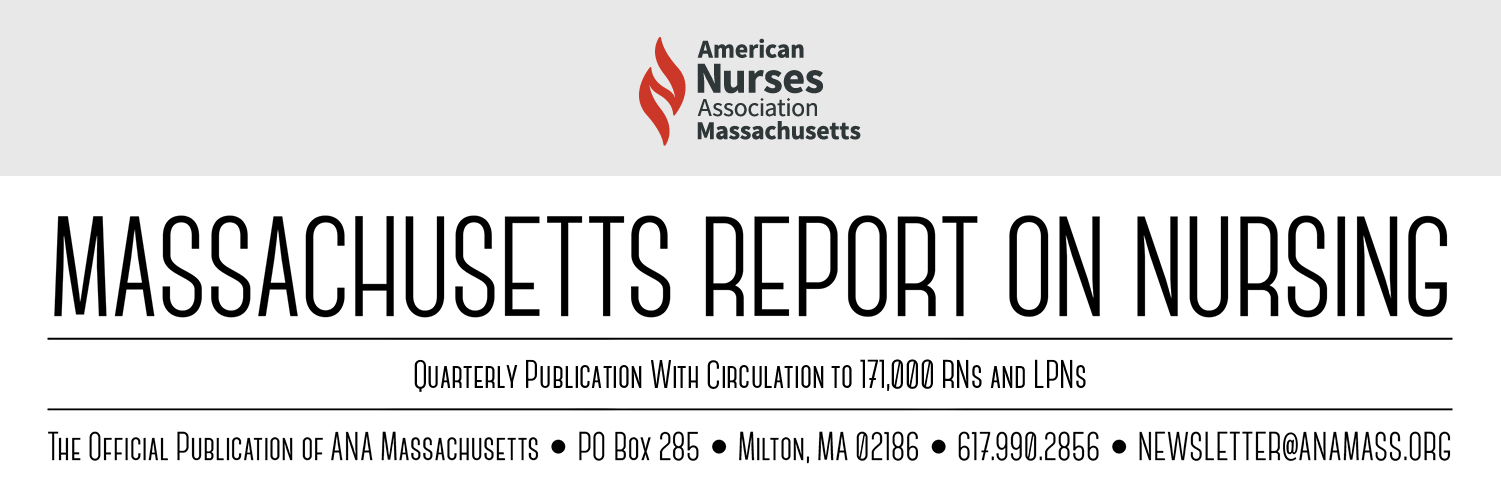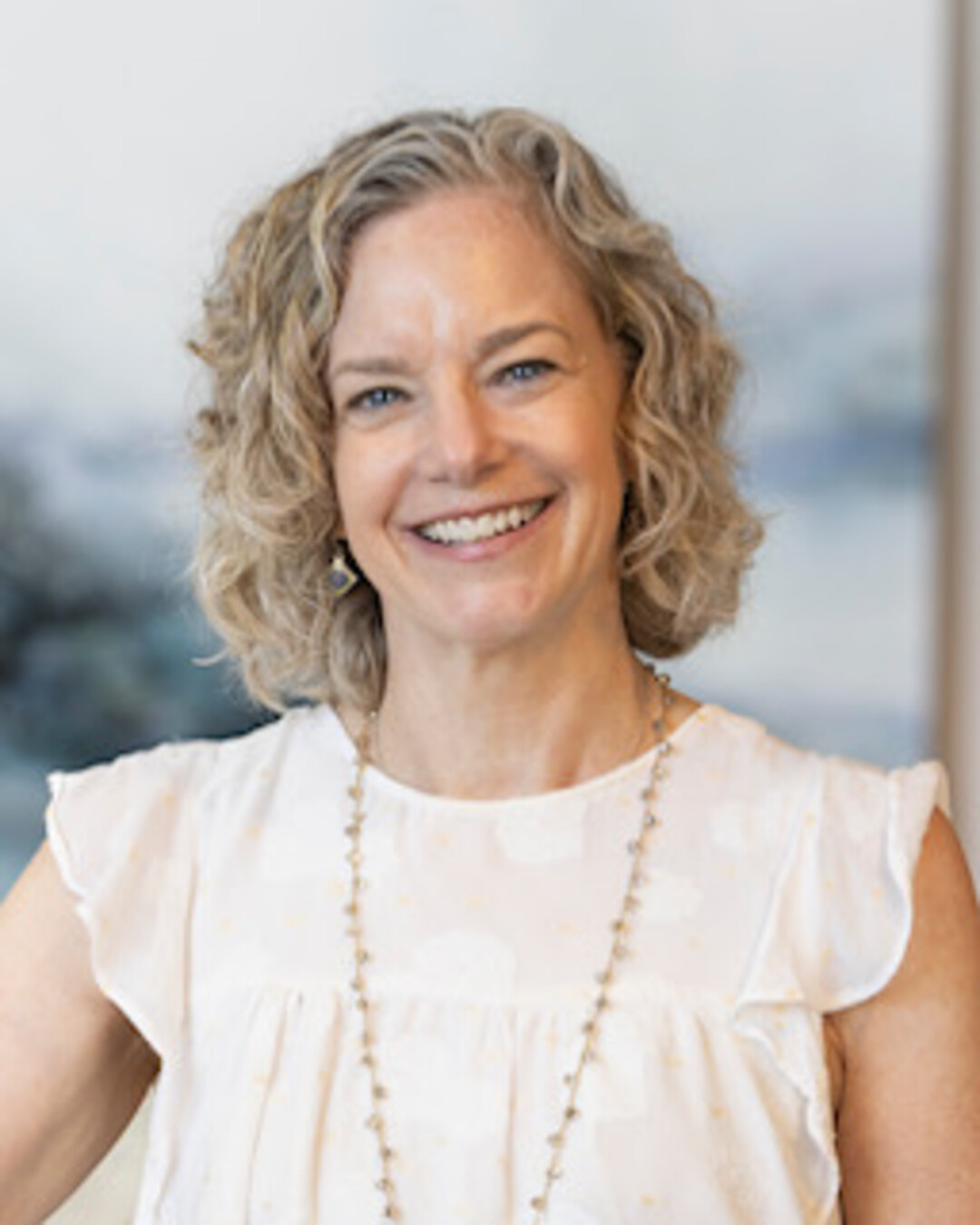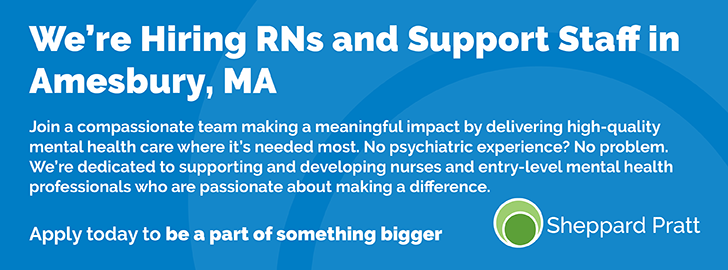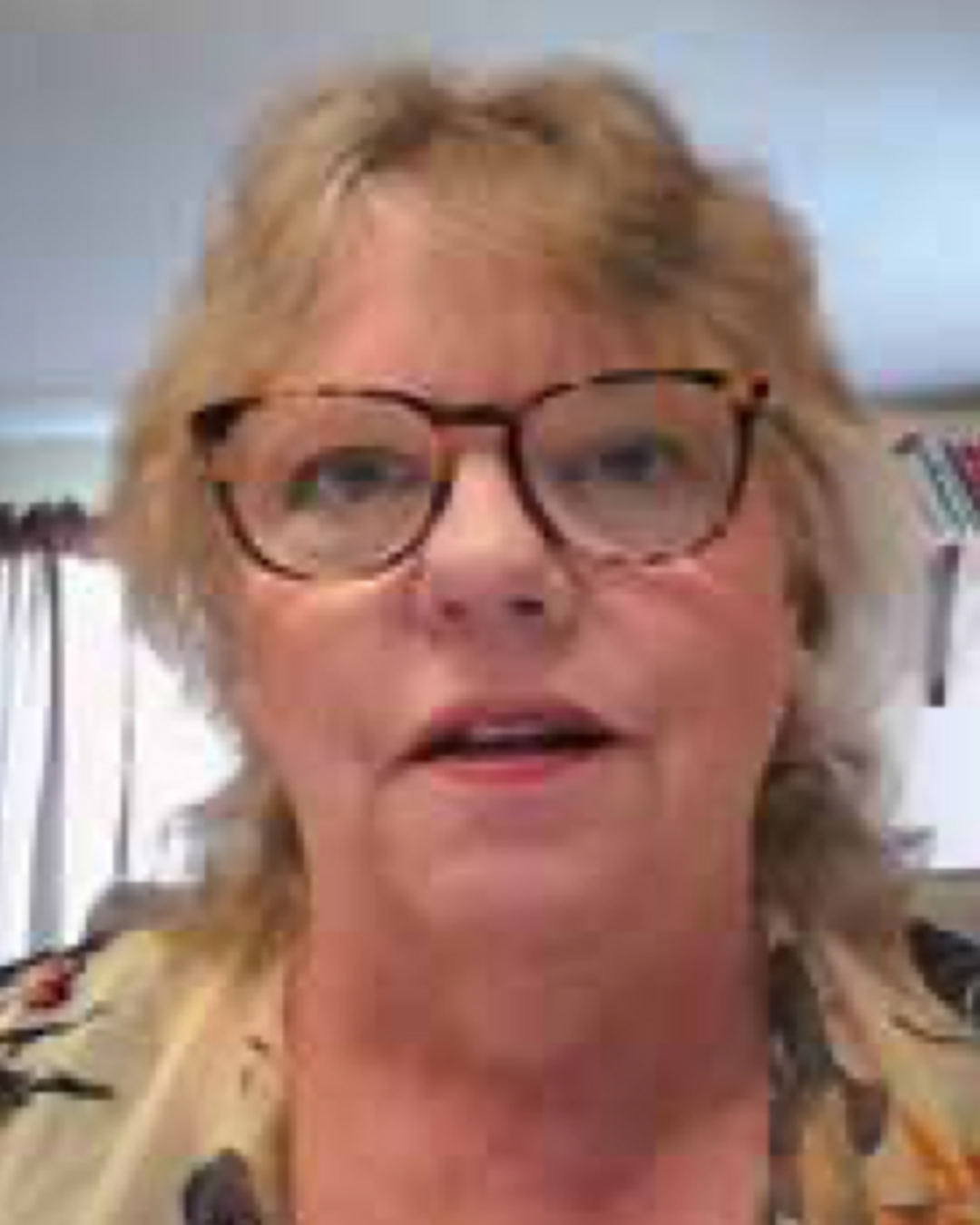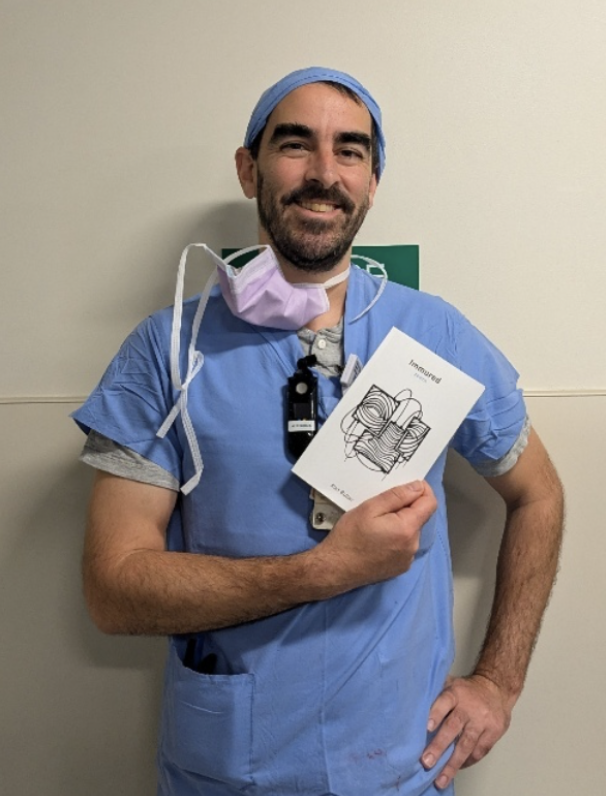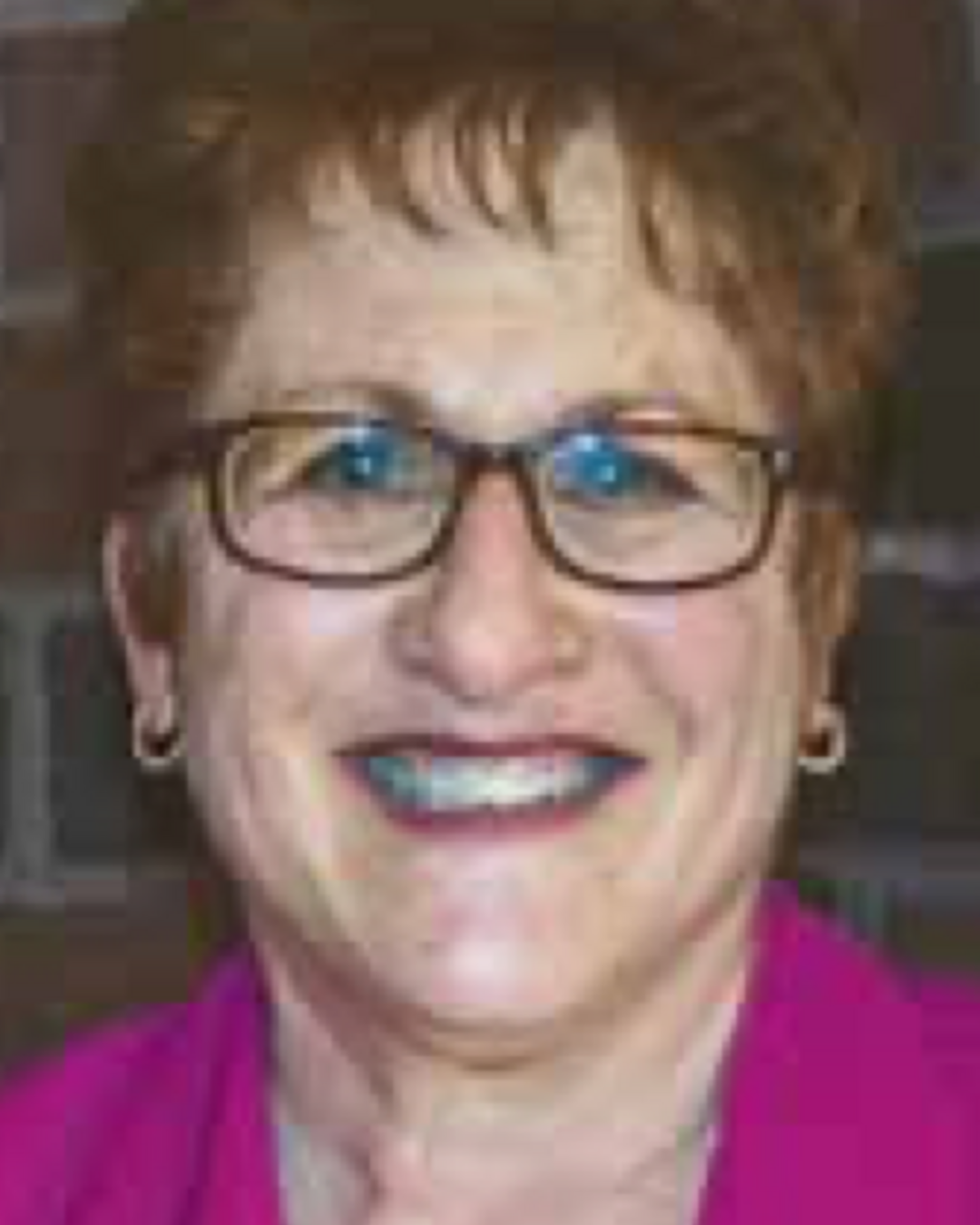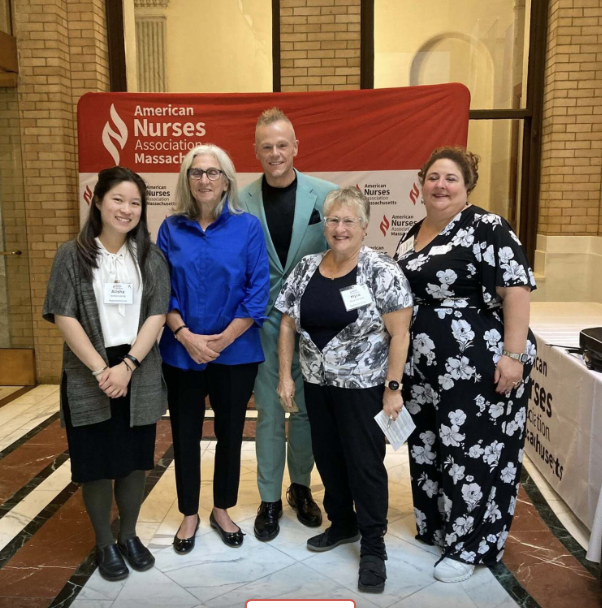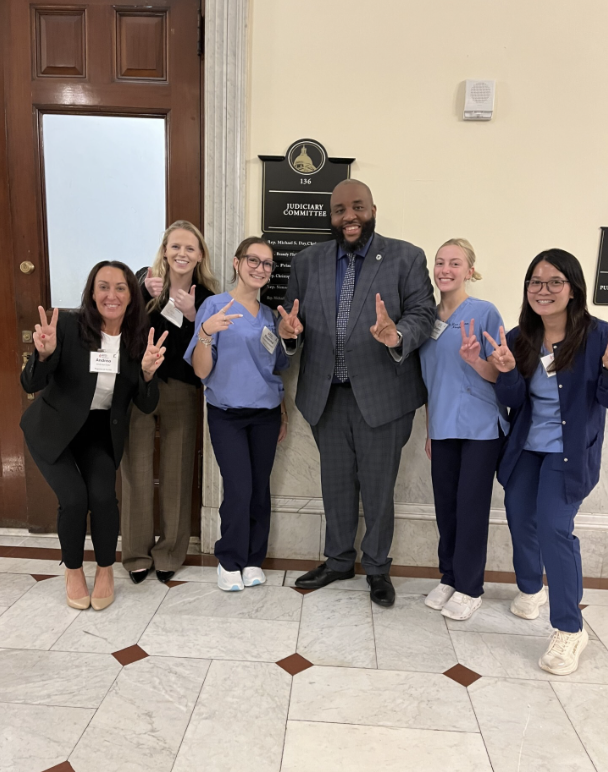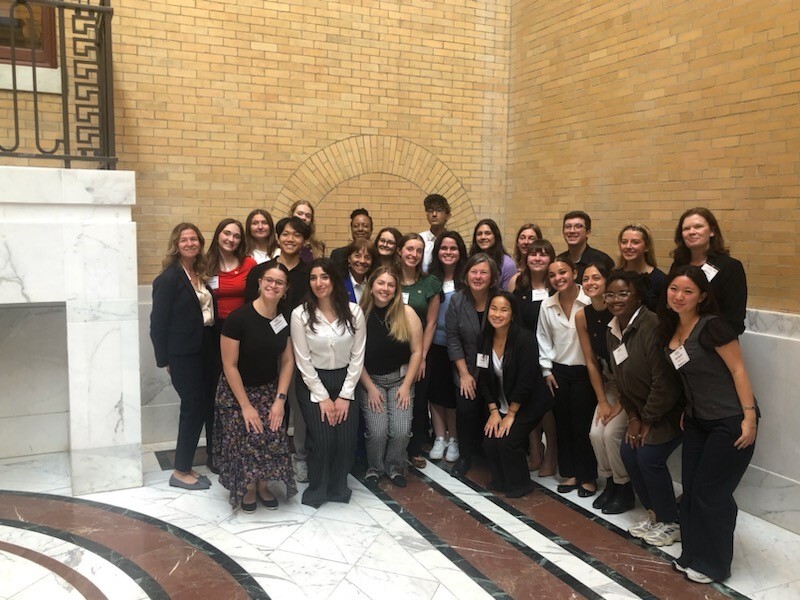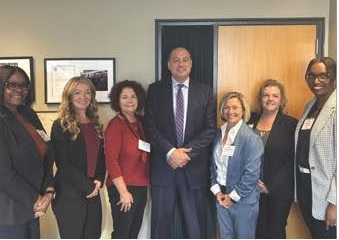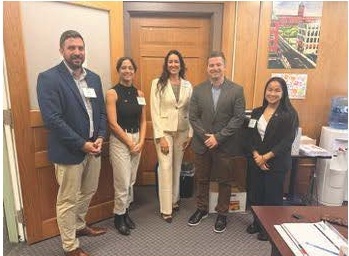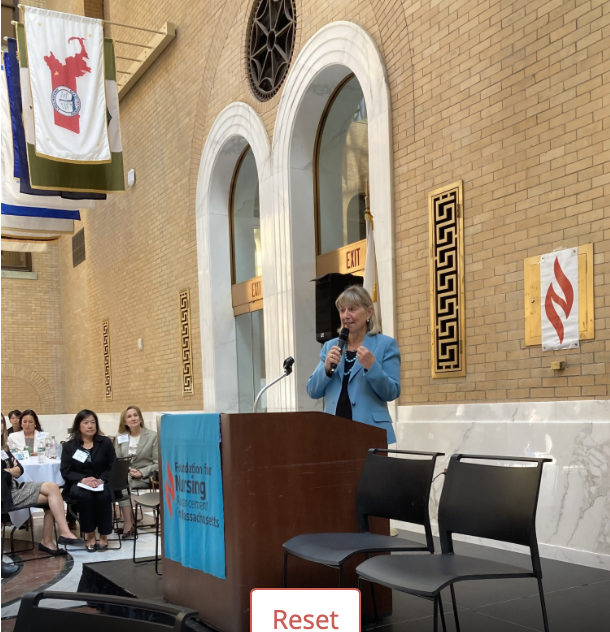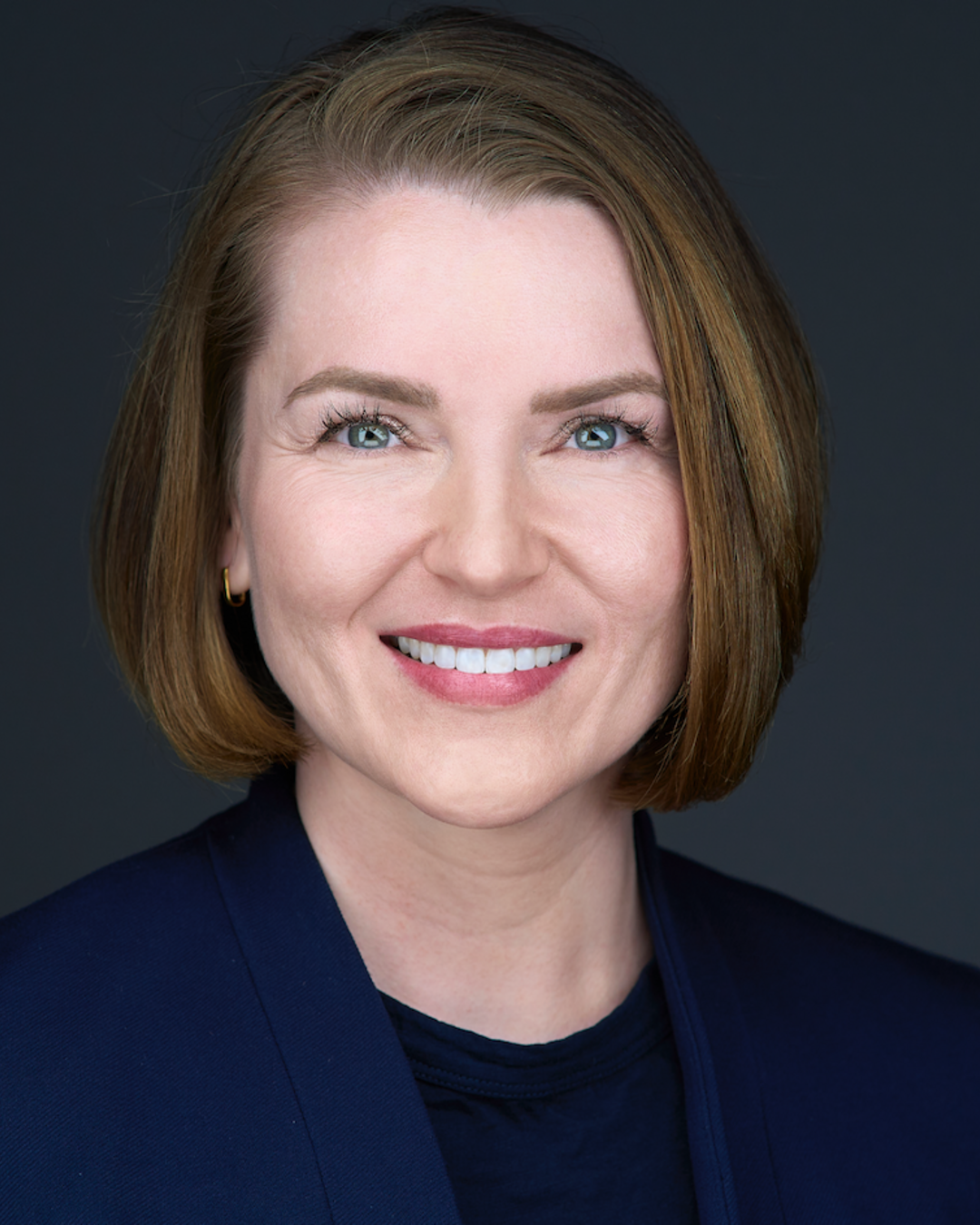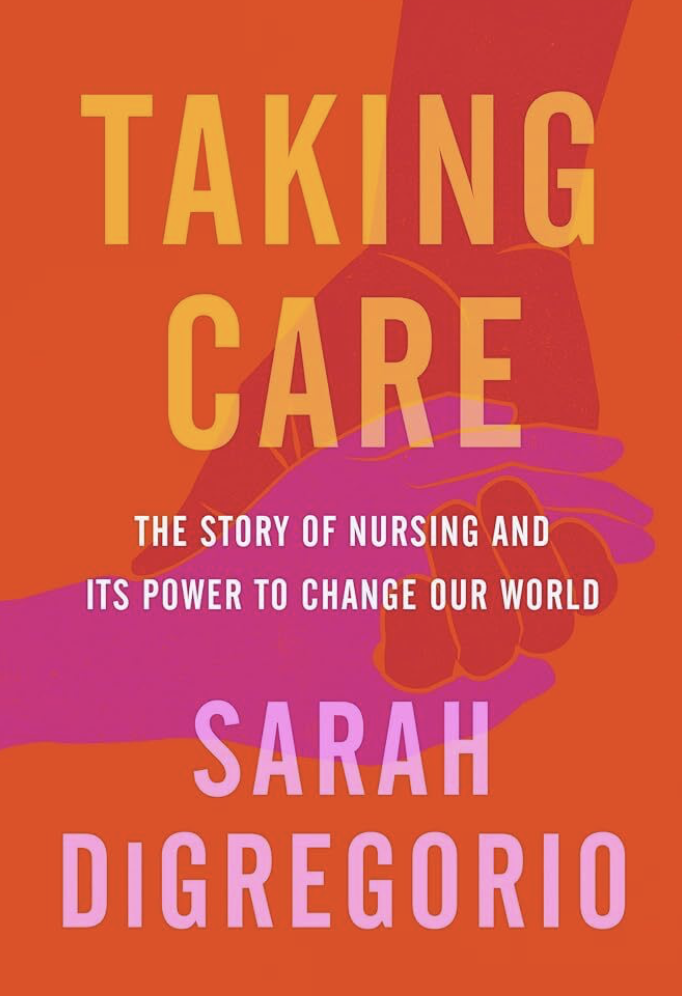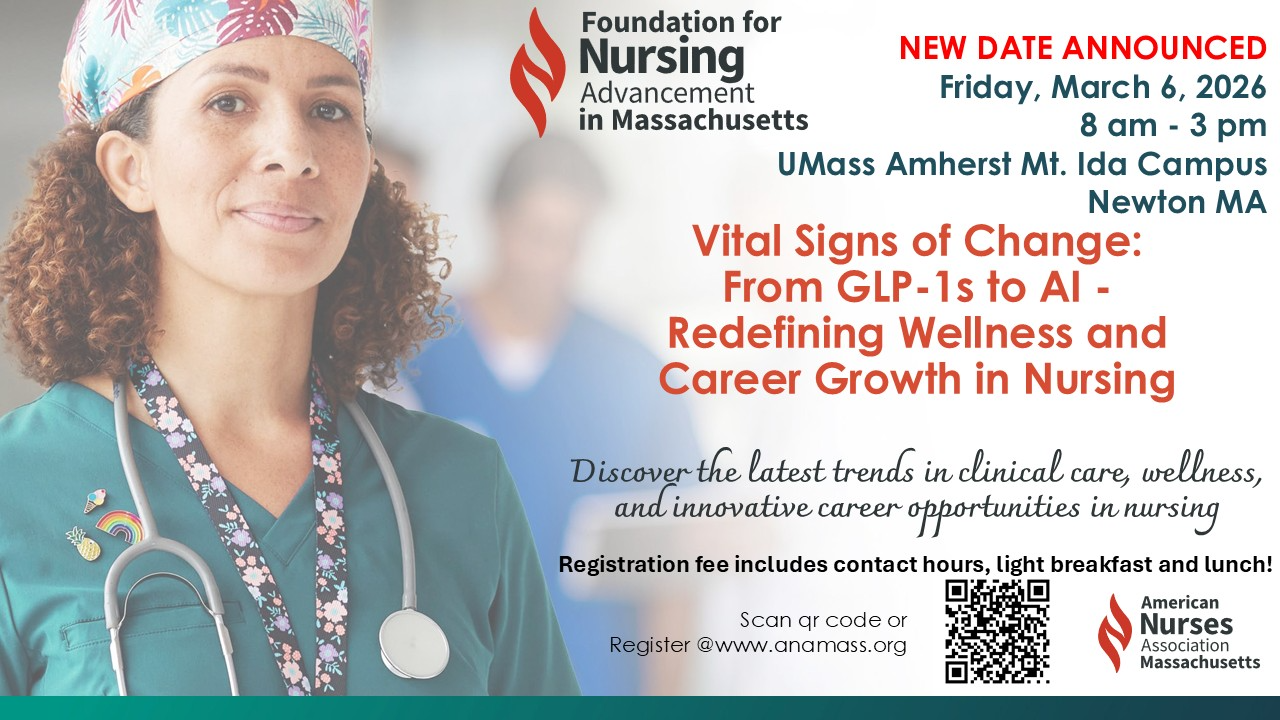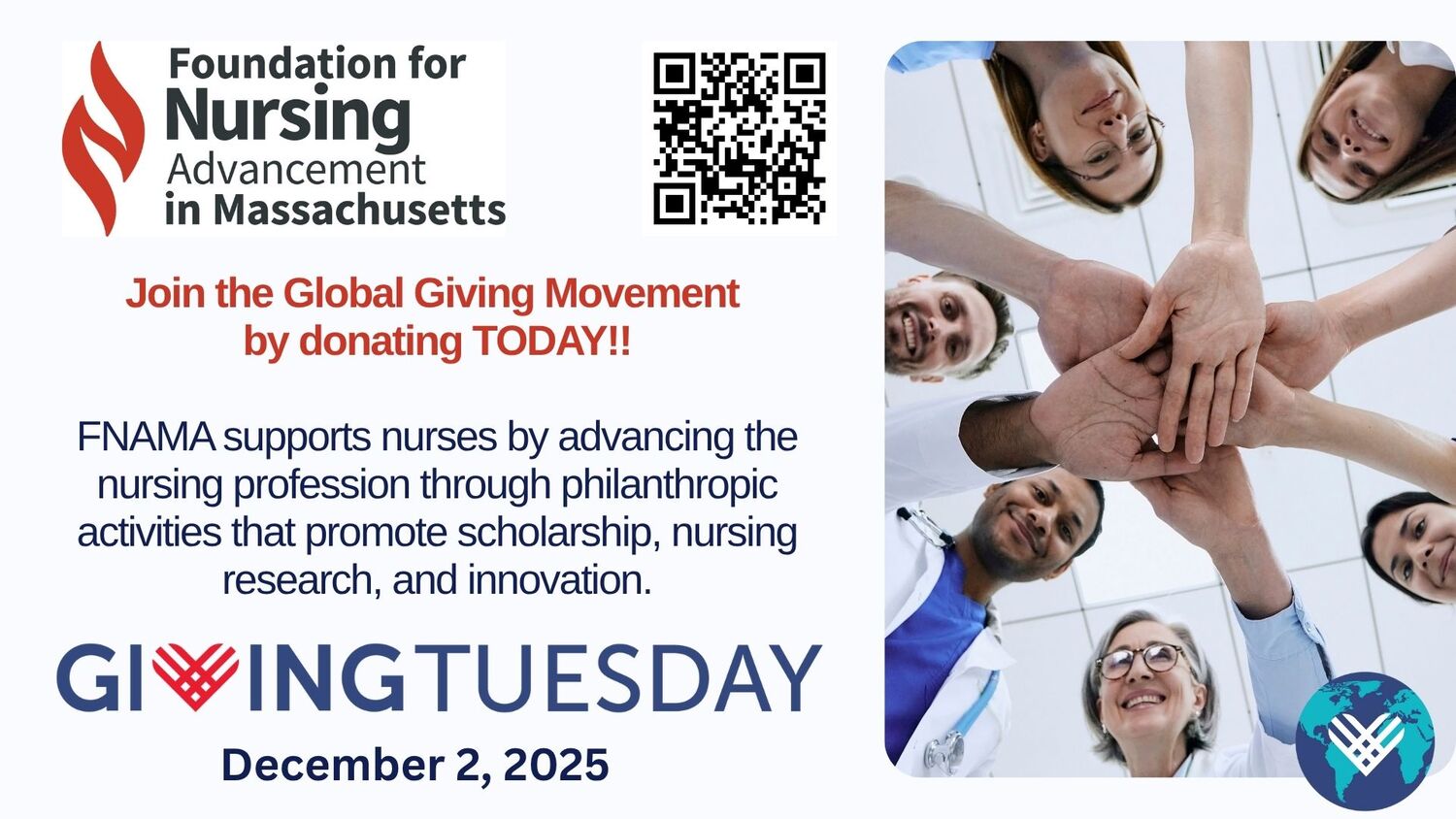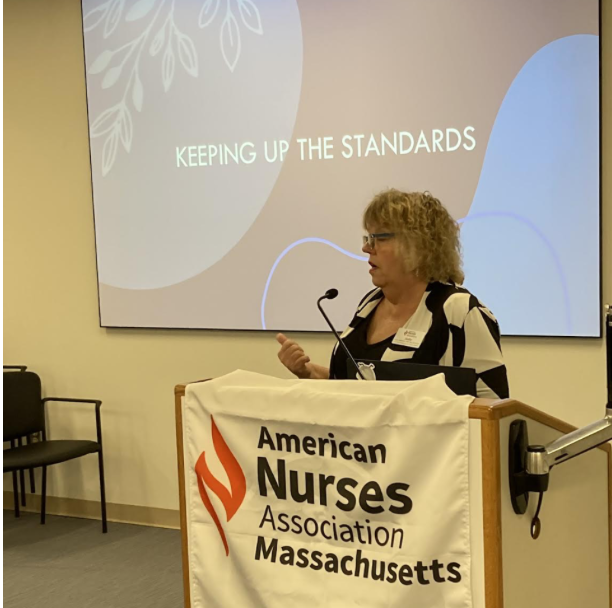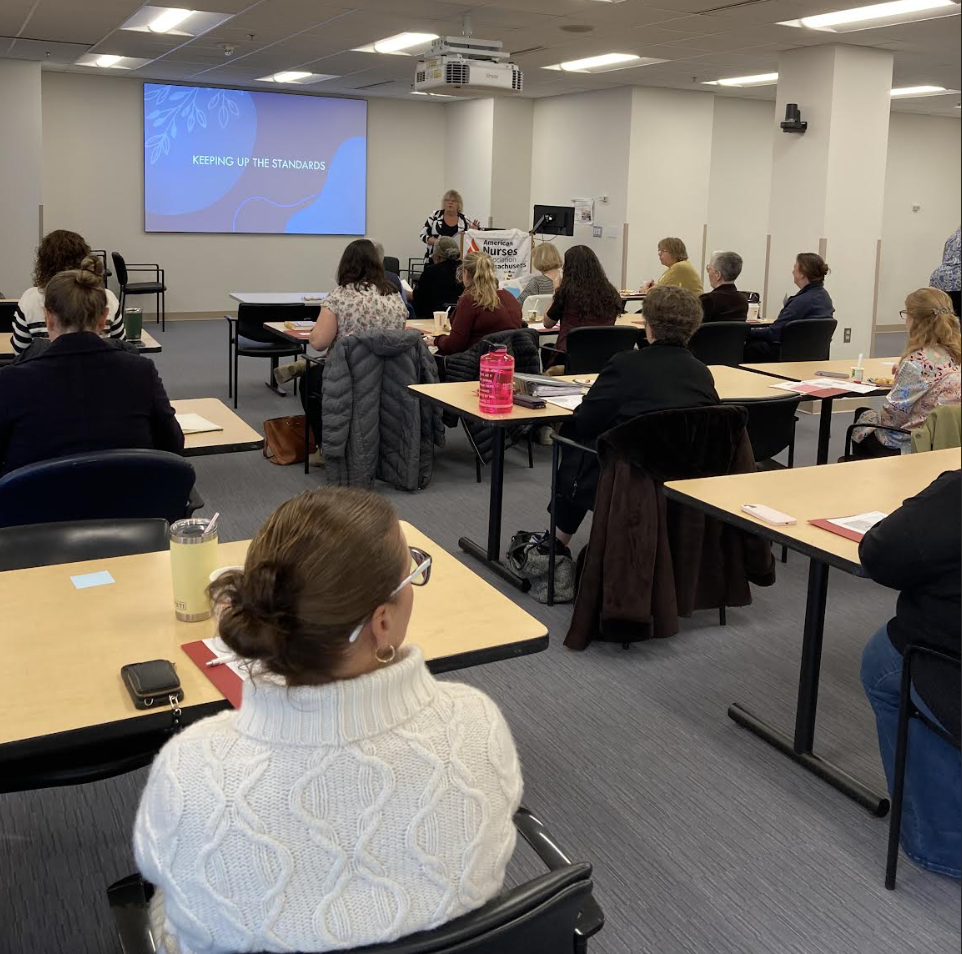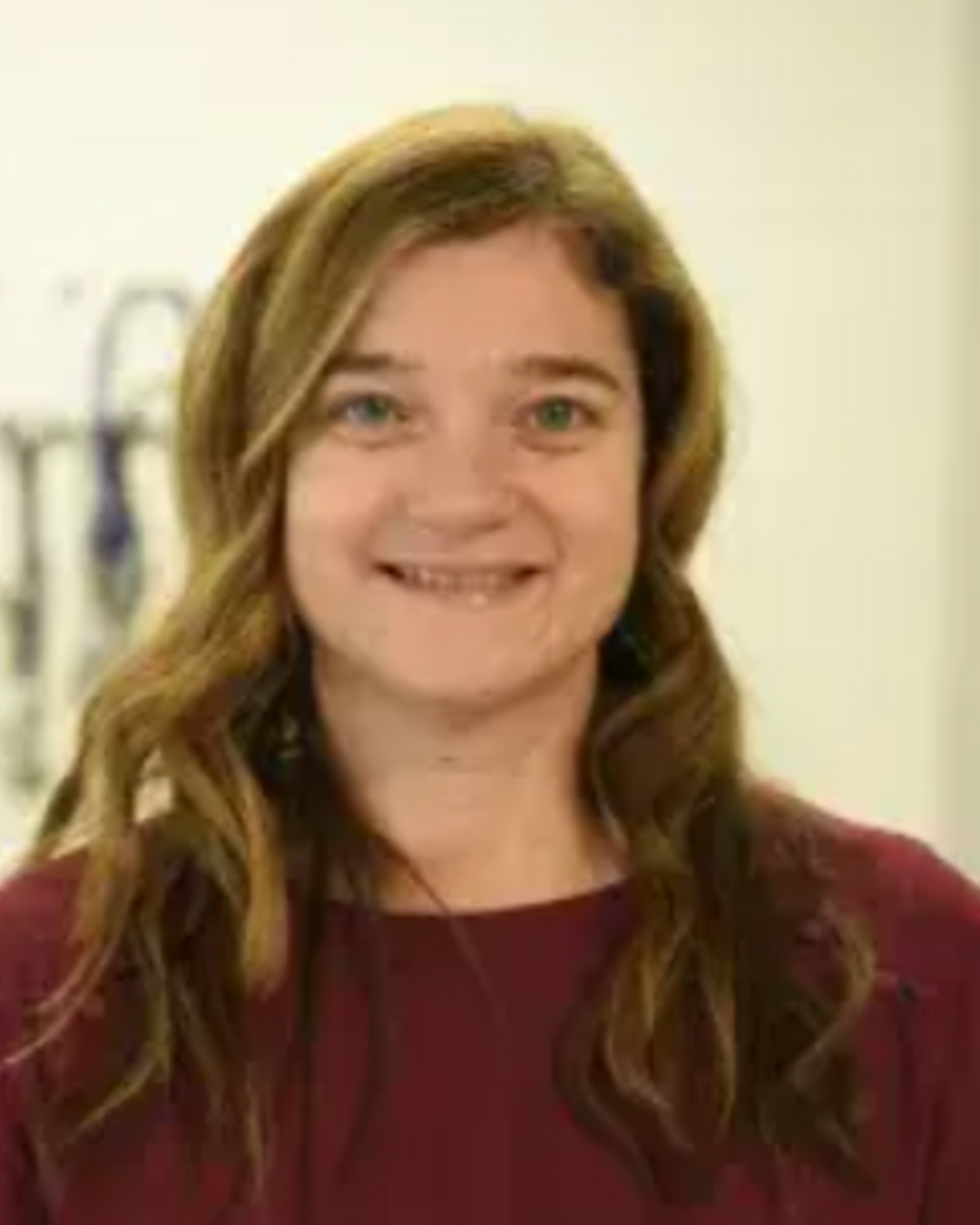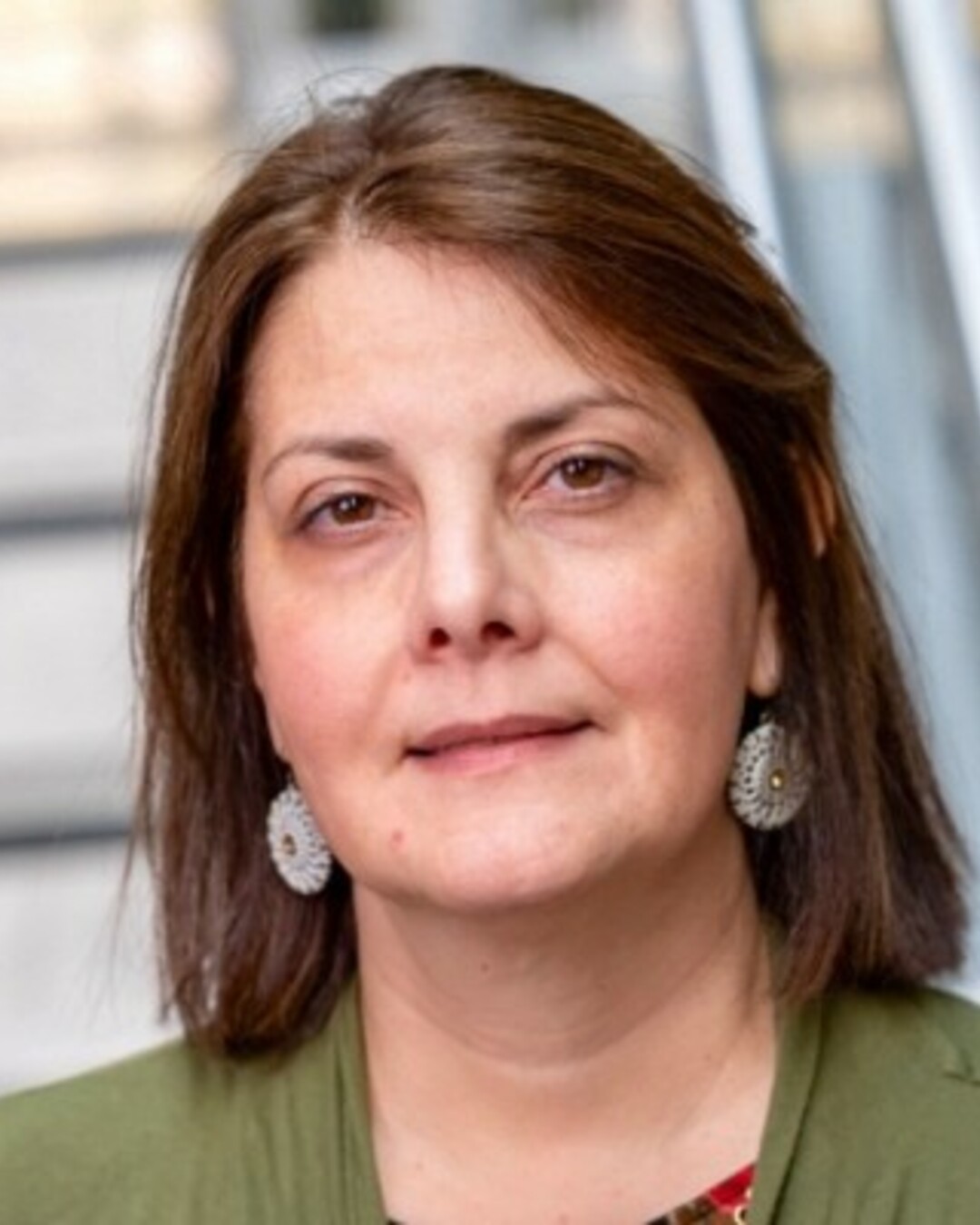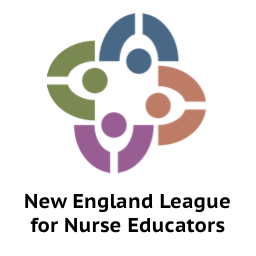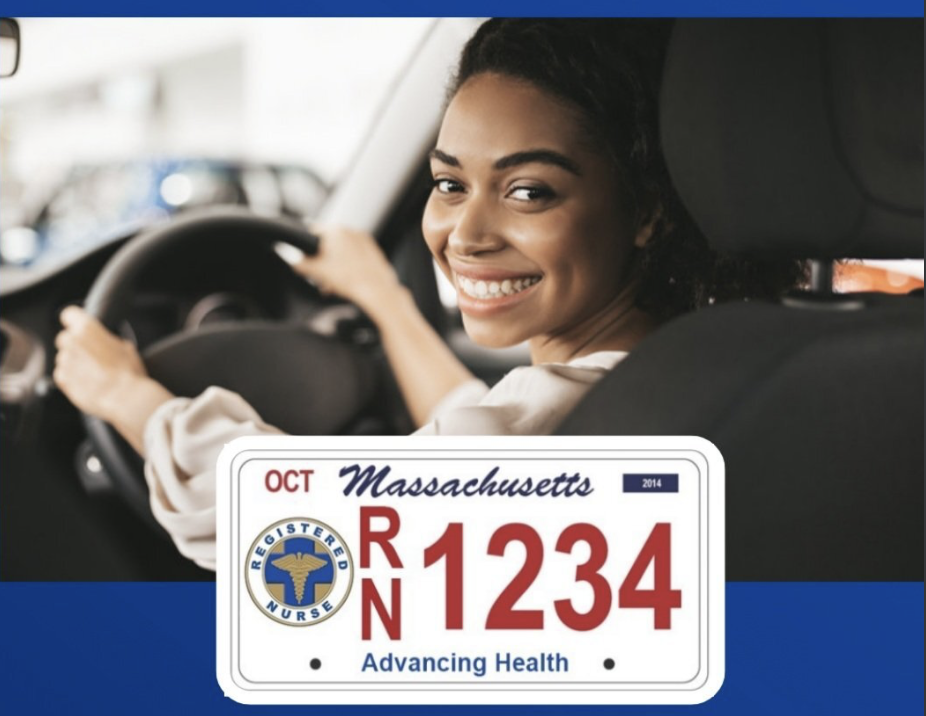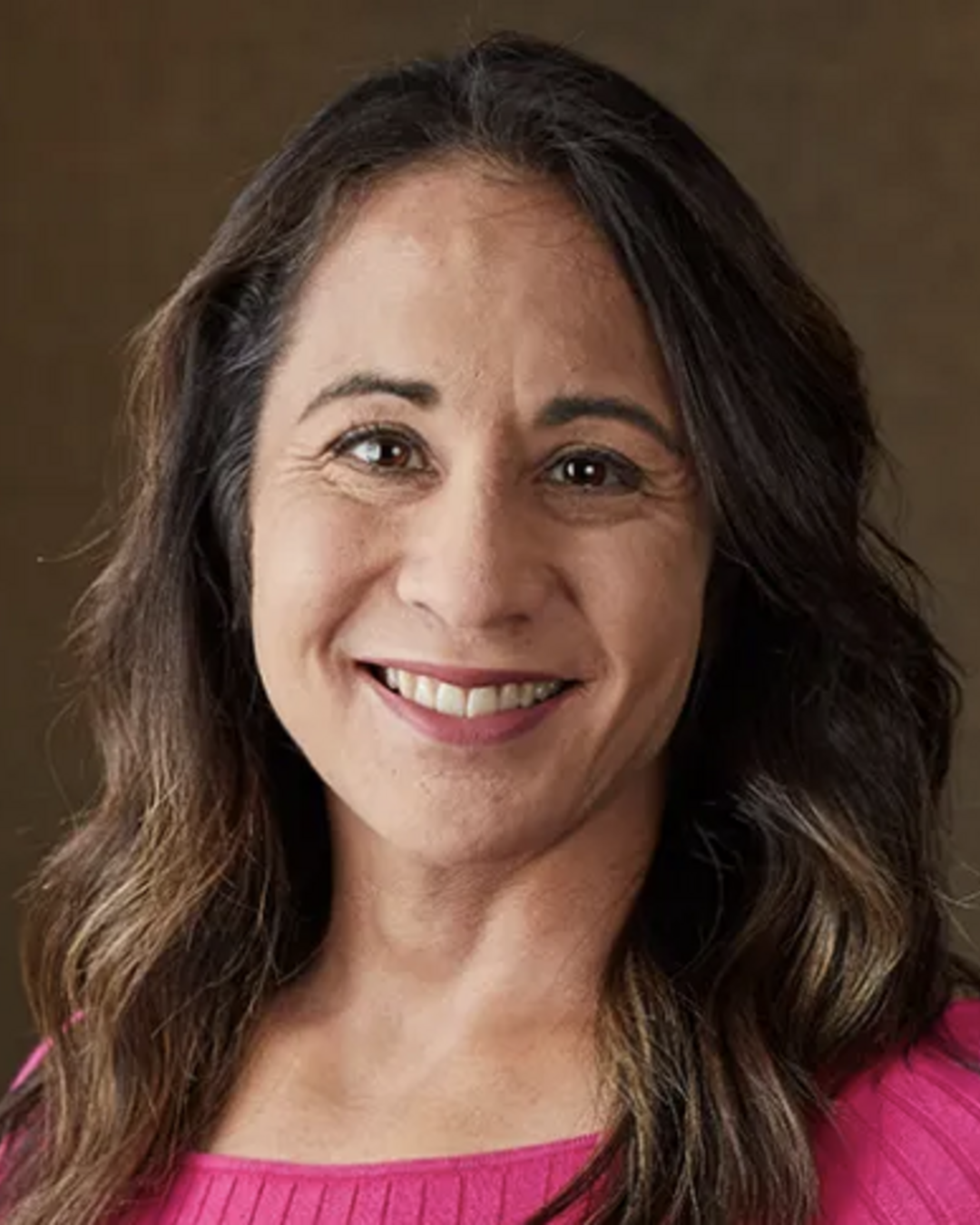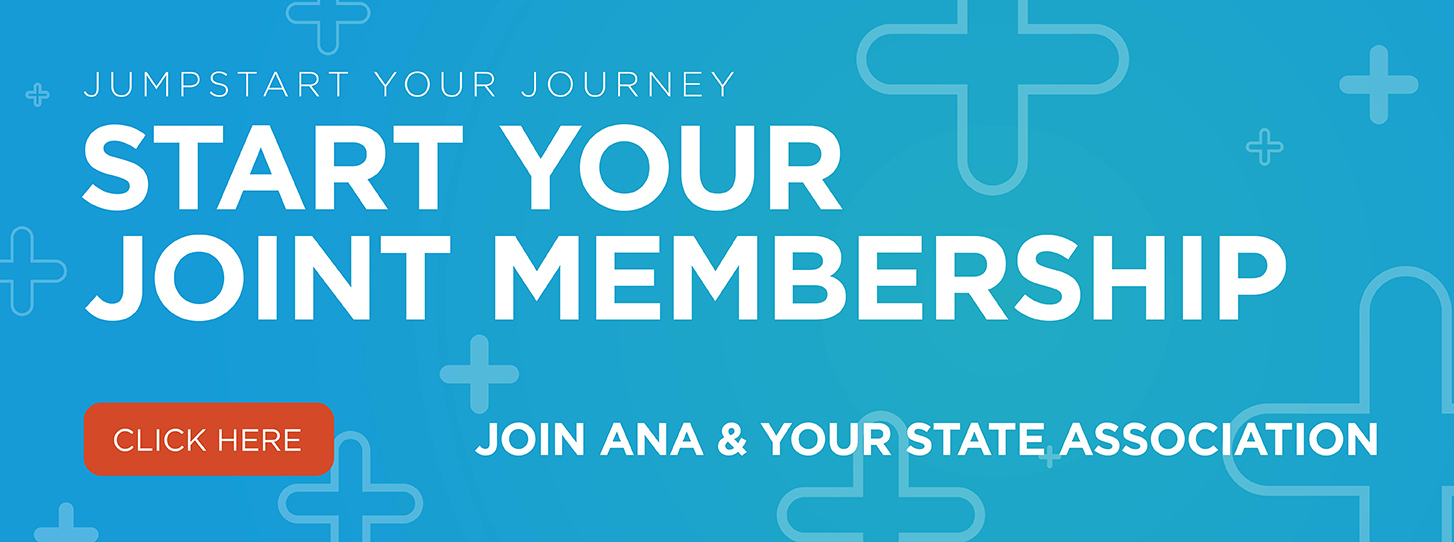As we enter the month of November, a month of gratitude, I would like to reflect on how grateful I am for the remarkable contributions of active ANA Massachusetts (ANAMASS) members. As president of ANA Massachusetts, I am humbled and grateful to work alongside all of you, the dedicated professionals who form the heart and soul of our organization. The benefits of active involvement in ANAMASS are mutually beneficial as members have a profound opportunity to be a voice for our profession and to advance nursing practice across our commonwealth.
When you actively participate in ANA Massachusetts—whether through volunteering, attending events, engaging in committees, or leading initiatives—you embark on a journey of growth that extends far beyond personal achievement. Your involvement strengthens the collective voice of nursing, shapes professional standards of care, and helps chart the course for the future of healthcare in our state. It is through active engagement that we foster innovation, elevate our practice, and make lasting contributions to both our colleagues and our patients. This was never more apparent on September 30th when over 130 RNs and future RNs made their voices heard during ANAMASS Advocacy Day at the Massachusetts State House where they lobbied state legislators for safety from the harmful effects of surgical smoke, the creation of a codified Nursing Workforce Center and for the addition of a Registered Nurse on every acute care hospital Board of Directors/Trustees. ANAMASS members spoke and our legislators listened!
Active involvement also offers each of us the chance to build lasting relationships with fellow nurses, to exchange knowledge, and to support one another through challenges and triumphs. The connections we forge within ANA Massachusetts energize our professional lives, inspire us to pursue excellence, and remind us that together, we are capable of remarkable things. This is truly the Power of Nurses at its core.
Central to our work—and to the fabric of our organization—is gratitude. Gratitude is not only an expression of thanks, but a guiding value that enriches our daily practice. It motivates us to recognize the unique strengths and contributions of every member, to celebrate our shared achievements, and to support one another with empathy and kindness. In a profession that often asks so much of us, gratitude sustains our spirit and deepens our appreciation for the work we do and the lives we touch. The ANAMASS Awards and Scholarship Gala is where we celebrate the accomplishments of many gifted nurses and support those on an educational journey to begin or advance their nursing career.
To those who actively participated in Advocacy Day, nominated peers for scholarships and awards or those who serve on ANAMASS committees, I am deeply grateful for your enthusiasm, your commitment, and your willingness to give your time and talents. Thank you for elevating the nursing profession through your leadership, your advocacy, and your compassion. Your energy and engagement make ANAMASS a dynamic and resilient community, and that is evident whether in the halls of the State House or your places of work. It is through your continued involvement that we will keep advancing the art and science of nursing for generations to come. In this season of giving, please consider the power to make a difference and become more involved. If you are interested in learning more about ANAMASS committees, please visit ANAMASS.org or reach out to me directly via president@anamass.org.
As we look ahead, let us continue to nurture a spirit of gratitude—toward our colleagues, our patients, and ourselves. Together, we are greater than the sum of our parts and will achieve far more than any of us could accomplish alone.
With heartfelt gratitude and warm wishes for a healthy & happy holiday season,
Patricia Crispi PhD, RN, NEA-BC, NPD-BC
President, ANA Massachusetts
